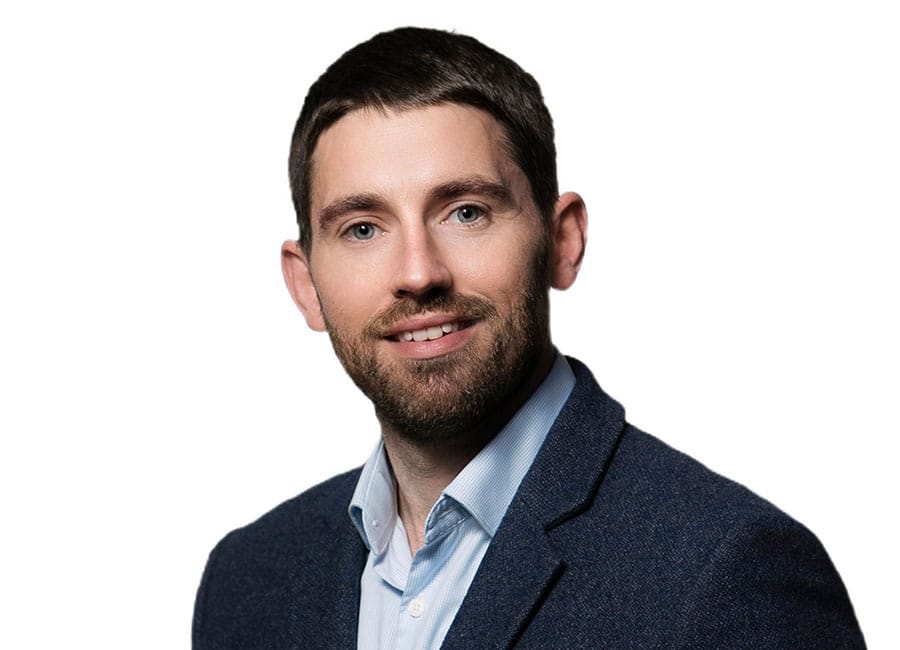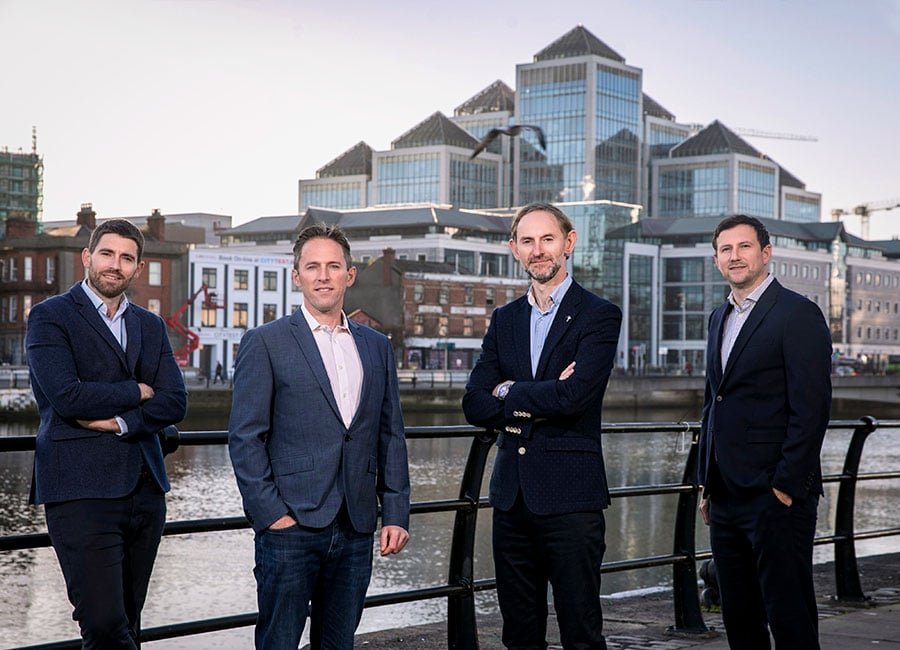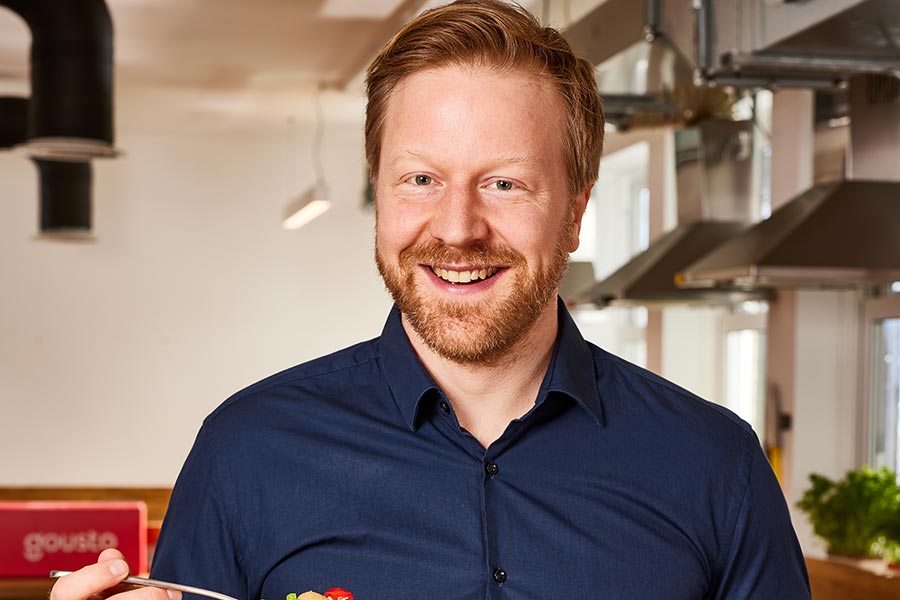Medtech start-up MedoSync received the backing of Enterprise Ireland and a number of leading figures in Irish business and technology when it raised €1.2m in a Series A funding round last December.
MedoSync, founded in 2019 by emergency medicine consultant Dr Martin Rochford and tech veteran Séamus Cooley, said it would use the financing to support the expansion of the company, which operates a secure platform for real-time hospital billing.
It is estimated that hospitals lose 6-9% of revenue annually to leakages in the billing process, largely as a result of fraud and human error, but many hospitals use paper-based systems and lag technologically behind insurers.
The MedoSync API integrates data from the hospital and insurer systems, and pulls together patient details and hospital and consultant charges to create claims that it submits to insurers. The company said it submitted more than 50,000 claims last year.
MedoSync recently hired Richard Egan as its new chief operating officer and Ivan Eustace, formerly of advertising agencies Dentsu and Core, as its customer success director as part of efforts to grow the business.
Eustace, 33, has previous involvement with the firm, writing MedoSync’s pre-investment business plan while studying for his executive MBA at Trinity College Dublin in 2020, and he’s now leading efforts to secure new clients.
“Through my own independent validation, I saw how big the problem was that [Rochford] found, and that was very compelling to me because I think that’s what they always teach you when you’re thinking about starting your own business is find a real problem, and that’s what we found,” Eustace said.
The likes of insurers Affidea and Laya Healthcare have already partnered with MedoSync, and the company’s focus has turned to private hospitals, which earn nearly all their revenue from insurance.
“We have our first two initial customers, which gave us the proof of concept and demonstrates that the product does work,” he explained. "Now my role is meeting with our next type of customer, which are the bigger hospitals, so we’re having very productive conversations with them.”

Eustace said that MedoSync has met with 14 hospitals so far and engaged directly with the CFOs of a number of hospital groups, but a “good year” in 2022 would be securing two hospitals – they’re already “very far down the line” with a hospital that would be a “really significant customer”.
Eustace, whose father Paul co-founded the legal firm Dillon Eustace, studied Arts at UCD and earned an MA in Publishing and Literature at NUIG before completing his MBA while working at Dentsu, and he says working in a customer-attracting role in advertising is transferable to his new role.
“As you can imagine, health care providers are risk-averse people what they appreciate is your credentials in terms of who you've worked with, and how long you've worked at them,” the married father-of-one said.
“So the reality for us, is we need to convert the first one, so beyond Affidea and Laya, and urgent care centres, we have to convert a full hospital, so we think we have one of those nearly over the line, and then once we have that that will prove the credentials of the company, and we'll be able to create much more robust numbers around the savings that we expect to deliver for them.”
Eustace admits the patient billing process is “very complex,” especially considering the technological limits of the Irish healthcare system, but the MedoSync API is able to capture data from across various hospital departments, pull out the most pertinent information, and collate bills on behalf of the claims team.
“It automates a lot of the tasks that are time consuming, but it also helps to identify mistakes and common blocks to them getting paid, which would speed up the process,” he added.
Hospital groups in Ireland, which range from €10m to €370m in terms of their annual revenue, recognise the problem of revenue loss, but there’s a gap in technological capability, which MedoSync is trying to bridge – hospitals only need send a .csv file that the company can input into its system, which itself can work with small or large amounts of data.
Ultimately, MedoSync has global ambitions, which it hopes to realise by getting its foot in the door with private hospital groups that operate internationally. The funding secured last December should last for the next 18 months, so the company has no immediate plans to attract additional investment.
Its backers include construction titan JP Sisk, former Shelbourne Markets CEO Enrique Curran, Sweepr CTO Jim Hannon, and Michael Harding, formerly of insurance tech company Relay Software.
Photo: Ivan Eustace (left), Customer Success Director; Dr Martin Rochford, CEO & co-founder; Seamus Cooley, CTO & co-founder; Richard Egan, Chief Operating Officer (Pic: Chris Bellew, Fennell Photography)










